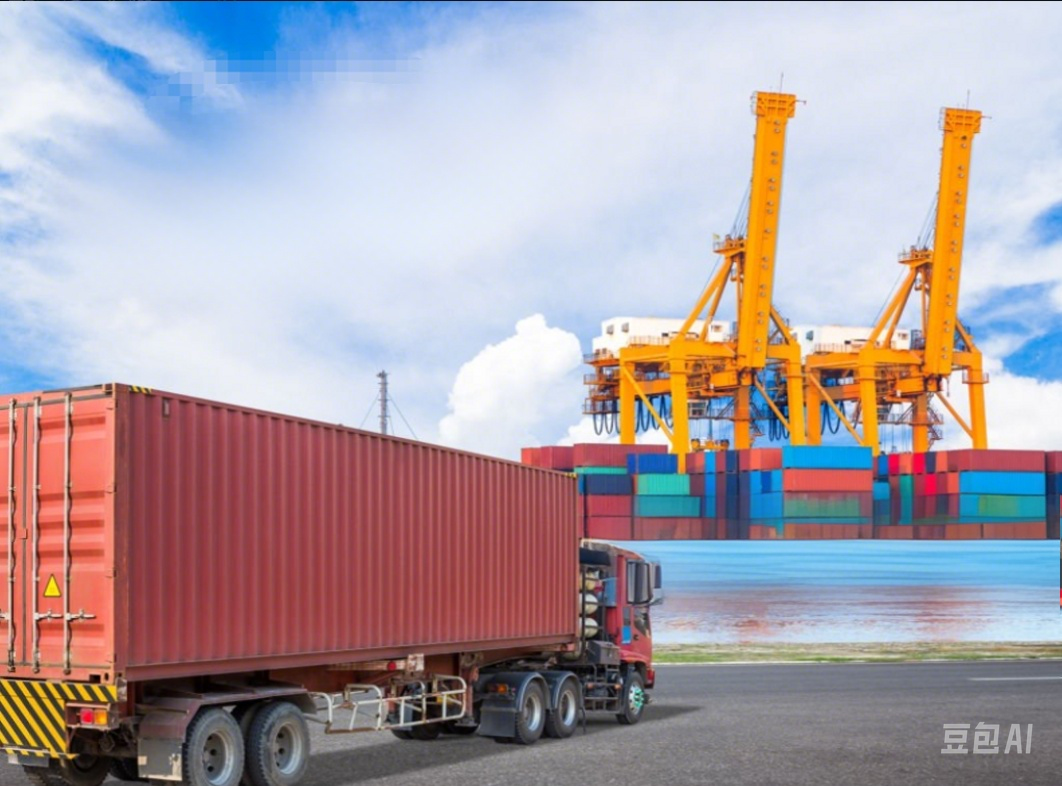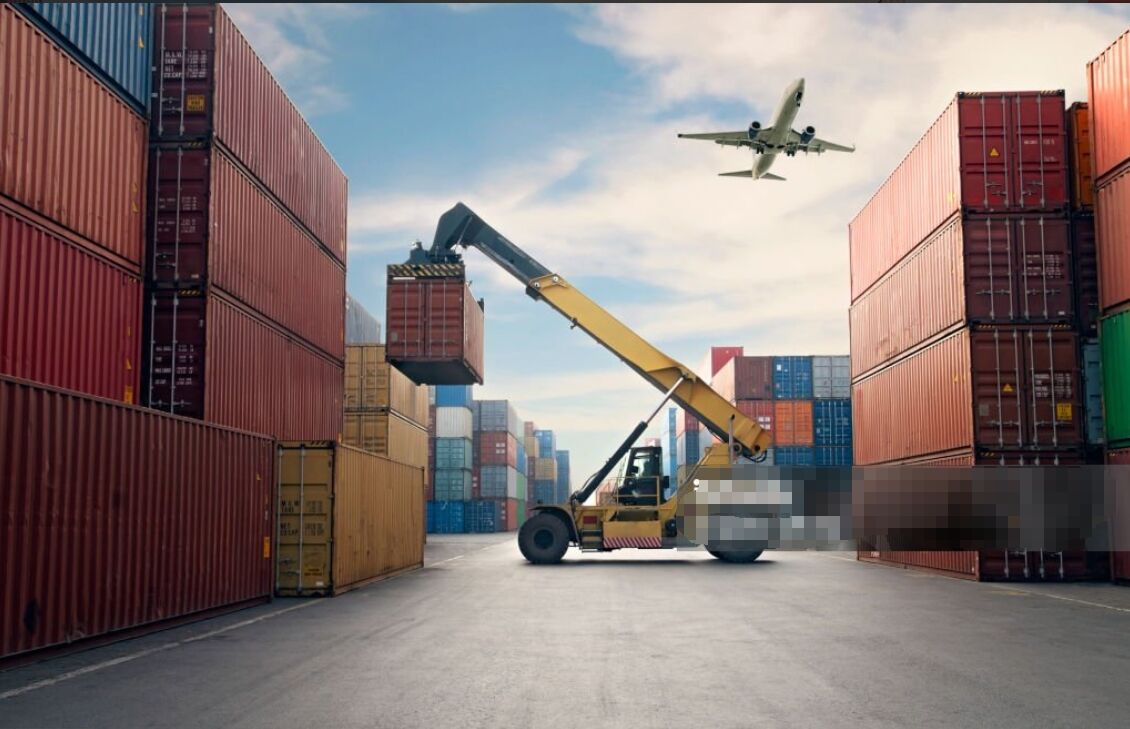Key Factors to Evaluate in an Express Delivery Service
Delivery Speed and Time Sensitivity
Delivery speed is paramount for businesses, especially those managing perishable goods or critical supply chains. It's essential to assess the average delivery times and the company's history of on-time performance. Reliability in meeting delivery windows can make or break your operations. Additionally, consider the geographic regions your business operates in, as delivery capabilities can vary significantly across areas. A reliable express delivery service should also offer same-day or next-day delivery options for emergency scenarios, ensuring you can meet time-sensitive demands effectively.
Cost Structure and Hidden Fees
Evaluating the cost structure of an express delivery service involves understanding not just the base rates but also the weight-based charges and potential extra costs that may arise during transit. Hidden fees, such as fuel surcharges, taxes, and special handling charges, can substantially affect the final cost. Transparency is key when selecting a service provider, so it's wise to request a comprehensive breakdown of costs upfront to avoid unexpected surprises.
Service Coverage and Geographic Reach
When selecting an express delivery service, it's crucial to determine whether the provider serves the regions or countries key to your operations. Assessing both domestic and international service capabilities can reduce logistical complexities and streamline your supply chain. Additionally, it's beneficial to evaluate the different transportation modes available in these regions, such as road, air, or sea options, ensuring flexibility and efficiency in delivery routes and timelines.
Comparing Speed vs. Cost for Different Shipment Types
When to Prioritize Air Freight Companies
Air freight companies are a crucial choice for shipments demanding immediate attention due to their time-sensitive nature. In scenarios where urgent deliveries are paramount, air freight becomes indispensable, despite its higher costs. For instance, case studies have shown that businesses dealing with perishables or medical supplies have benefited immensely from choosing air freight options. The return on investment, in such cases, often outweighs the expenditure due to the preservation of product quality and timely delivery. However, understanding the balance between speed and cost savings is vital. When deadlines are flexible, opting for less expensive ground options may be prudent, allowing for cost savings without compromising on delivery efficiency.
Balancing Budget with Freight Forwarding Options
Freight forwarding options present a balanced approach between cost-efficiency and delivery speed, offering multi-modal transportation solutions. By leveraging the expertise of freight forwarding companies, businesses can negotiate rates that suit their budget while still ensuring deliveries are prompt. This approach stands out for those who frequently deal with bulk shipments, as it also provides opportunities for cost-effective solutions via bulk shipping discounts. These savings can be significant when comparing overall expenses across different shipping methods, making freight forwarding a viable option for companies looking to optimize their logistics without straining their finances.
International Shipping Considerations
DHL International Shipping for Global Reach
DHL International Shipping is renowned for its extensive global reach, making it a vital partner for businesses aiming to expand their operations across borders. With a robust network connecting over 220 countries and territories, DHL provides businesses with seamless access to international markets. As a leader in international shipping, DHL's proficiency in navigating the complexities of customs regulations ensures smoother transactions for businesses. Their familiarity with compliance protocols allows for the minimization of delays and the swift movement of goods across borders. Furthermore, statistical data reveals a strong performance in delivery times and customer satisfaction, with DHL consistently outperforming many competitors in these metrics. This makes DHL not only a logistical partner but a strategic asset in international commerce.
Navigating Customs with Freight Forwarding Companies
Freight forwarding companies play a crucial role in navigating customs regulations, which can often be a daunting barrier for businesses engaged in international trade. Partnering with these companies can provide the expertise needed to handle complex customs procedures efficiently, thereby avoiding costly delays and penalties. Common customs issues such as misclassification of goods, improper documentation, and tariff disputes can significantly disrupt supply chains. Freight forwarding companies, with their in-depth knowledge, help mitigate these challenges by ensuring all paperwork is correctly prepared and submitted. Their strategic relationships and operational experience translate into time and cost savings, ultimately contributing to a more streamlined shipping process. The operational efficiencies gained from effective customs navigation underscore the value these companies bring to global logistics.
Assessing Reliability and Tracking Capabilities
Real-Time Monitoring for Time-Sensitive Goods
Real-time monitoring technology offers a substantial advantage for businesses dealing with time-sensitive goods, providing them with the ability to track shipments live and manage potential delays proactively. Carriers, including major players like DHL and FedEx, have advanced their tracking systems, enabling visibility into the shipment's journey from pickup to delivery. This capability is crucial as approximately 70% of businesses experience reduced shipment loss and improved delivery accuracy due to real-time tracking, as supported by industry data. Not only does this reduce the chances of misplaced goods, but it also helps in alleviating supply chain disruptions by allowing businesses to quickly adapt to changing circumstances.
Insurance Options for High-Value Shipments
For high-value shipments, securing comprehensive insurance coverage is not just advisable, but necessary. Various providers offer insurance to cover losses or damages, ensuring financial protection during transit. Cargo insurance types range from all-risk coverage, which guards against a wide array of potential issues, to specific peril options that cover particular threats. Statistics indicate that claims for high-value items in freight shipping occur more frequently than one might expect; thus, opting for an appropriate insurance plan through express delivery providers like UPS and DHL can provide peace of mind and safeguard against significant financial losses. As naivety in insurance matters can lead to drastic consequences, it's prudent for businesses to be well-versed in these options.
When considering delivery reliability and tracking, real-time monitoring and insurance are not the only factors to focus on. Equally important are international shipping capabilities and navigating complex customs procedures, which add layers of complexity to global logistics efforts.
Making the Final Decision: Provider Comparison Strategies
Creating a Shortlist of Express Delivery Providers
Developing a shortlist of express delivery providers is a crucial step in identifying the most suitable partners for your business shipping needs. To begin, establish key criteria such as service offerings, pricing, and reliability. Evaluate providers by examining their scope of services, including whether they offer both domestic and international express delivery. Additionally, compare pricing structures to ensure cost-effectiveness while maintaining quality service. It's essential to consider reliability through metrics like on-time delivery rates and tracking capabilities.
To effectively compare options, utilize online tools and resources that provide side-by-side evaluations of different providers. Websites like Freightos and ShipStation allow businesses to analyze various express delivery services based on relevant criteria, ensuring informed decisions that align with business goals. It's important to consider the significance of local versus national providers. For businesses with predominantly local operations, regional express services might offer more tailored solutions, whereas national providers could be advantageous for broader geographic needs.
Leveraging Customer Reviews for Service Validation
Customer reviews are invaluable tools for assessing the quality and reliability of express delivery services. When considering a provider, examine reviews and testimonials to gain insight into their past performance and client satisfaction. It's crucial to explore both positive and negative feedback to form a balanced view of the provider's capabilities. Positive reviews often highlight strengths such as efficient delivery times and excellent customer service, while negative feedback can reveal potential weaknesses or areas of concern, such as delayed shipments or poor handling.
To find credible reviews, look to reliable sources such as dedicated online marketplaces, industry-specific forums, and websites like Trustpilot or Yelp. These platforms often feature comprehensive feedback from real customers, offering an authentic perspective on service quality. Engaging with community discussions on logistics forums can also provide a deeper understanding of various providers' reputations within the industry. By thoroughly evaluating customer feedback, businesses can make more informed decisions, ensuring they select an express delivery provider that best fits their needs.



